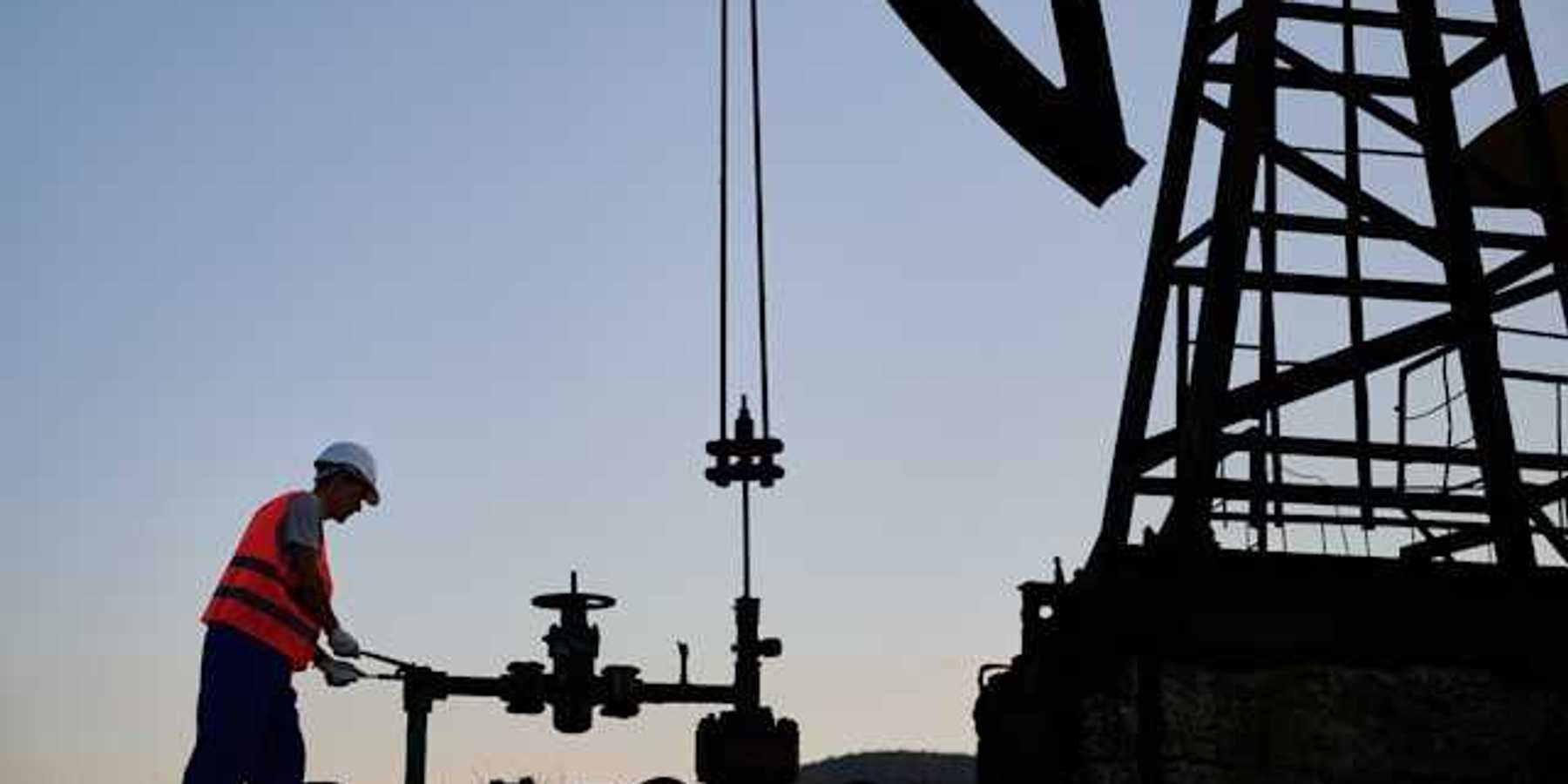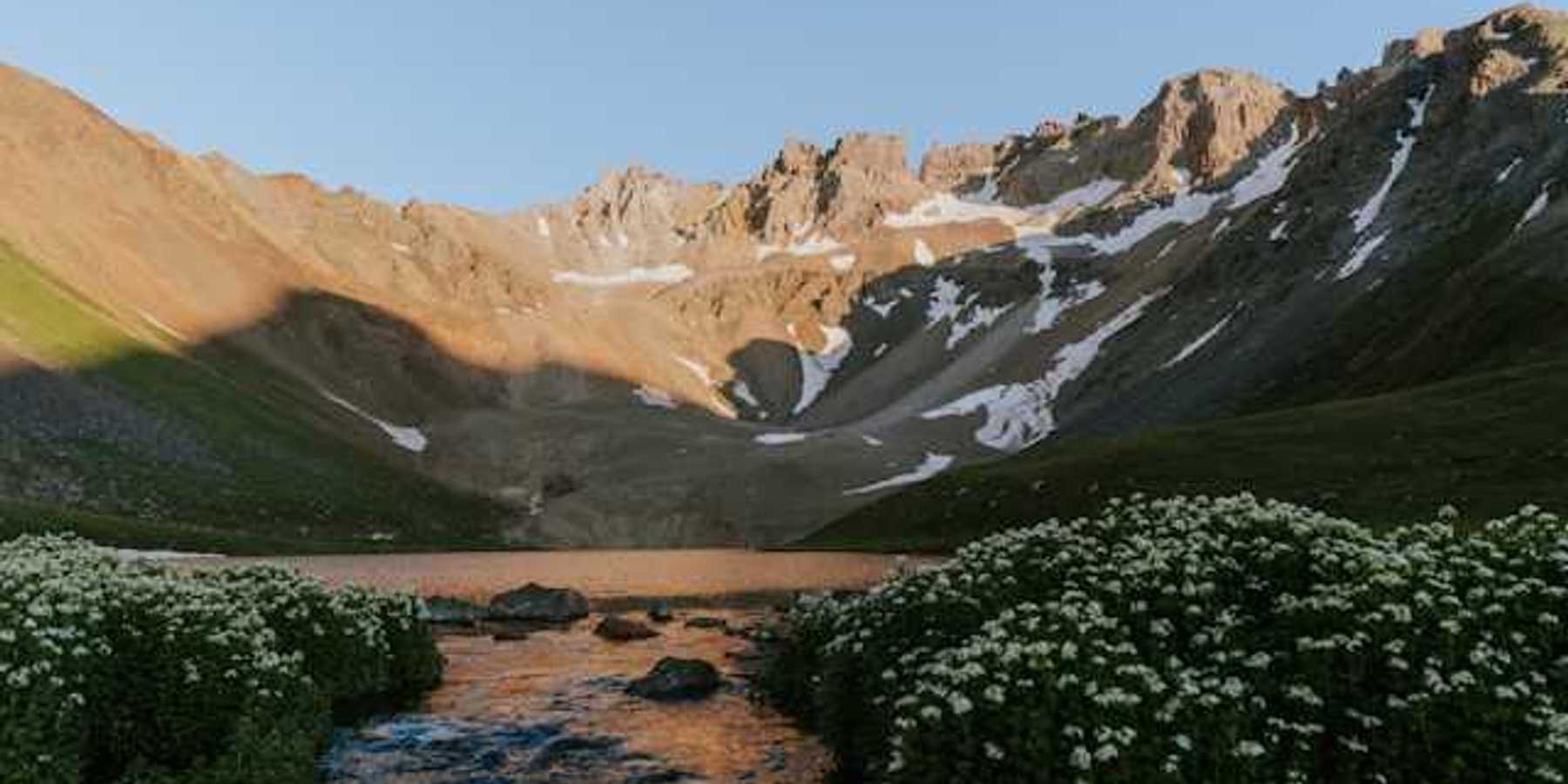Sardines forced to eat plastic as Mediterranean plankton shrinks
Sardines in the Mediterranean, struggling to find nutritious plankton, are inadvertently ingesting more plastic as climate change reshapes their diet.
Rob Hutchins reports for Oceanographic.
In short:
- A study by the University of Barcelona found that Mediterranean sardines are consuming more plastic fibers as shrinking plankton forces them to shift to filter-feeding.
- Researchers observed that filter-feeding sardines ingested nearly five plastic fibers per fish and were in poorer physical condition than those capturing food particles directly.
- While no immediate health effects have been identified in the fish, scientists warn that climate-driven changes to marine ecosystems could worsen their interaction with plastic pollution.
Key quote:
"Climate change has caused important transformations in marine ecosystems, including the reduction of the size of the plankton in the Mediterranean."
— Oriol Rodriguez, University of Barcelona researcher
Why this matters:
Sardines are a key species in marine food chains, and their increasing reliance on plastic-contaminated food raises concerns for ocean health and human seafood consumption. This study stops short of proving that the plastic itself is harming the fish, but the trend raises red flags for an already stressed marine ecosystem. While some argue fish aren’t a major source of microplastics in human diets, other studies suggest the risks are underestimated — making plastic pollution a growing public health issue.
Read more: Together, toxics and climate change hinder fish growth













